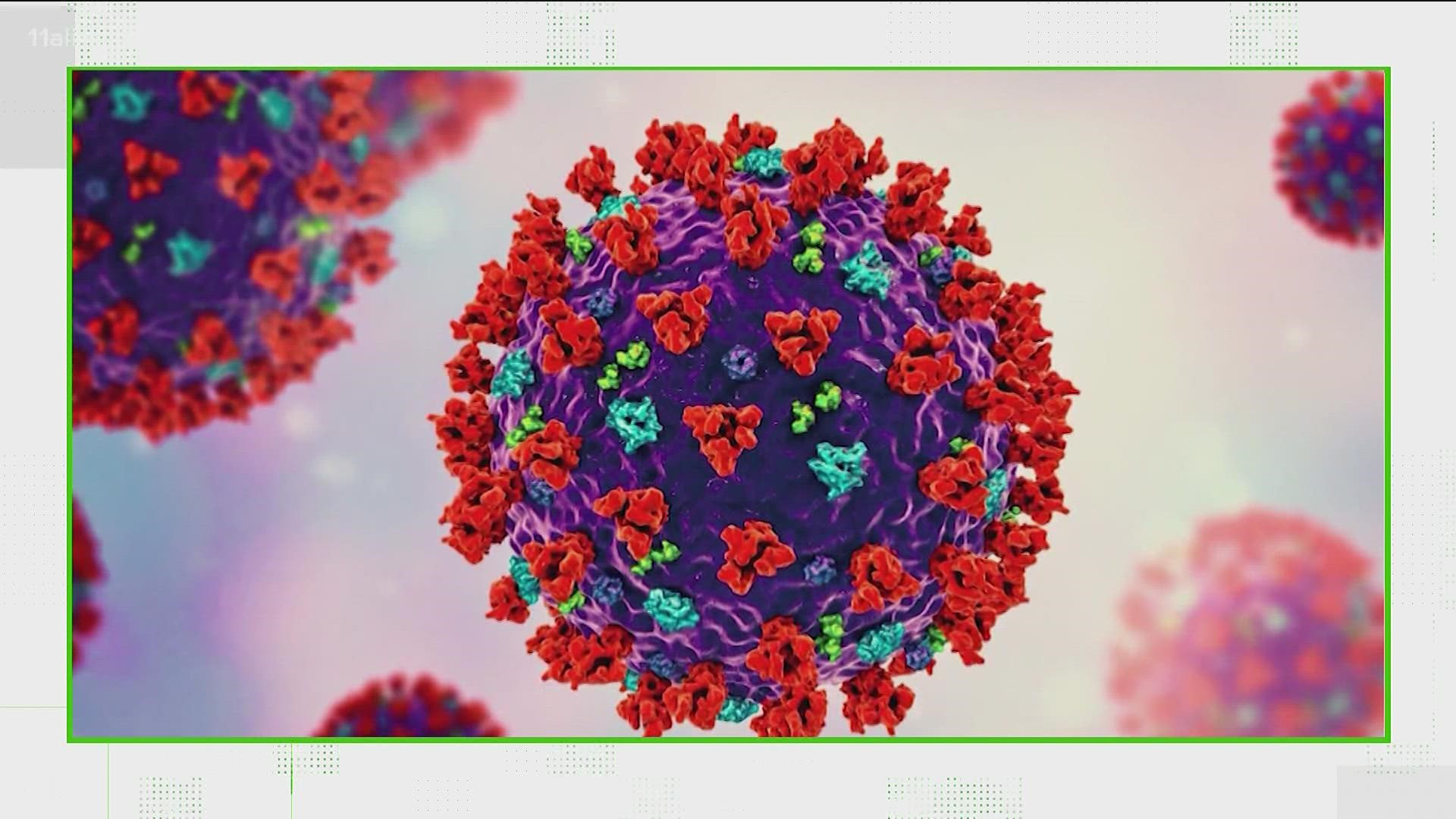ATLANTA — Omicron is the dominate COID-19 variant in the United States, spreading quickly among the population. Unlike previous variants, medical experts and scientists know more about the virus than two years ago, including which treatments work best.
But since this variant is better at spreading and presents different symptoms, are the treatments for omicron different than other mutations of COVID-19?
SOURCES:
ANSWER:
Yes, but it needs context
WHAT WE FOUND:
Most of the previous treatments for COVID-19 still work but studies show certain treatments work better at reducing the severity of omicron.
Most monoclonal antibody treatments, which has been a mainstay in fighting the virus, seem to fail against omicron. Research shows the treatments are less effective the same way natural antibodies are less effective against the new variant. But there is hope, as Sotrovimab, a monoclonal antibody from GlaxoSmithKline and Vir Biotechnology, appears to do well against omicron.
Surprisingly, research from TOGETHER shows a drug most known for treating obsessive-compulsive disorder and depression reduced the risk of a long-term hospital stay be 30%. The drug, fluvoxamine, would need to be taken for 10 days.
And unlike previous variants, there’s an additional option for treating omicron. The FDA approved Pfizer’s anti-viral drug, which showed in trial studies to prevent 88% of hospitalizations in unvaccinated people. However, supply of the drug is still limited, meaning the treatment may not be able to reach as many people as COVID cases spike.
So, while some previous treatments may not hold up against omicron, there’s still options for treating the rapidly spreading variant.

